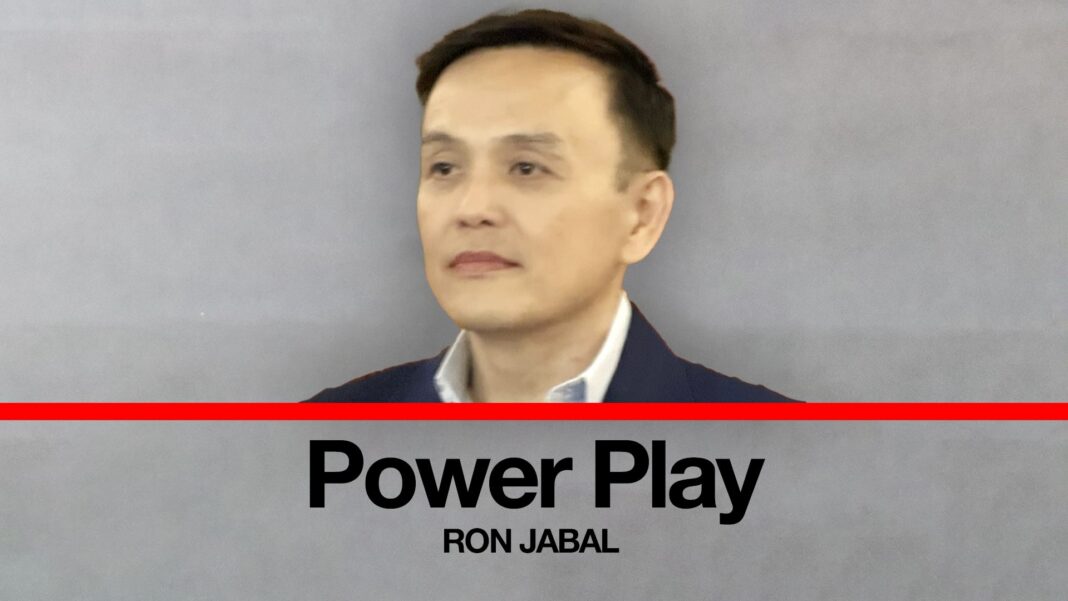Every administration meets a moment when governance is no longer about policy speeches or program launches but about confronting rot within its own house. For President Ferdinand “Bongbong” Marcos Jr., the flood-control scandal is that moment.
The allegations are explosive: contractors Pacifico and Sarah Discaya claimed before the Senate that at least 17 congressmen and some DPWH officials demanded 25% kickbacks on flood-control projects. They offered names, dates, and meetings, but no documentary evidence yet the shockwaves were immediate. A Cabinet resignation. A suspension of flood-control biddings. Vows from Malacañang to mount an independent probe.
The House response, by contrast, was predictable. Speaker Martin Romualdez, named by the Discayas, issued categorical denials and condemned the accusations as “malicious name-dropping.” Other lawmakers threatened libel suits and framed themselves as victims of smear campaigns. Denials are a right; but the speed and uniformity with which they were delivered left the public wondering if the real goal is not accountability but damage control.
What matters now is less the Discayas’ credibility, imperfect to be sure, than the system they have exposed. Years of audits and media reports have already flagged massive allocations to flood control, ghost or substandard projects, and a tight circle of favored contractors. Senator Panfilo Lacson, in a recent privilege speech, mapped the so-called “pie sharing”: 25% allegedly reserved for politician proponents, dwarfing the slices for DPWH or contractors. The Discayas did not create the smoke; they merely added accelerant.
This scandal puts PBBM in a precarious but pivotal position. If he is seen shielding allies in Congress, his credibility as chief reformer collapses. Worse, his “Build Better More” agenda risks being rebranded as “Build Better Kickbacks”: a branding disaster not just at home but abroad, where investors and development partners already scrutinize Philippine governance capacity. Infrastructure is supposed to be the country’s growth engine; if flood control becomes shorthand for corruption, that engine sputters.
And yet, the same scandal offers him a historic opening. By empowering the Ombudsman, COA, and DOJ, not just the usual congressional hearings, he can show independence and courage. By mandating full disclosure and recusal for any lawmaker with ties to flood-control contractors, he can set a new bar for transparency. By backing forensic audits, whistleblower protection, and asset recovery, he can translate rhetoric into deterrence.
Rep. Chel Diokno has already called for conflict-of-interest disclosures. Rep. Leila de Lima has gone further, questioning the wisdom of Congress investigating itself when some members may be suspects. Both are right: when referees are also players, the sport is fixed. The question is whether Malacañang has the will to change the rules of the game.
This is PBBM’s litmus test. Handle it poorly, and he is swallowed by the same whirlpool of cynicism that drowned past administrations: corruption as ritual, investigations as theater, and governance as a punchline. Handle it decisively, and he can emerge as a president who not only builds roads and bridges but also restores trust in the institutions that spend the people’s money.
Flood control is not just a budget line; it is a lifeline. Every peso stolen from it is a submerged field, a ruined classroom, a drowned livelihood. The President cannot control the storms that hit the country, but he can control whether the people believe the government is on their side or on the take.


